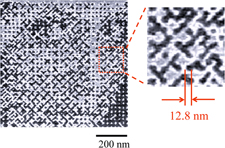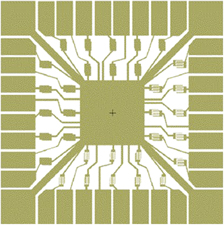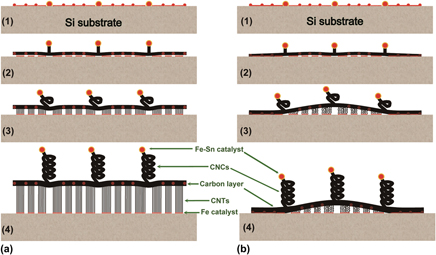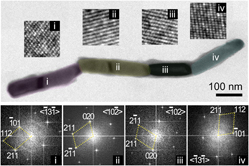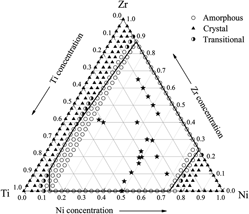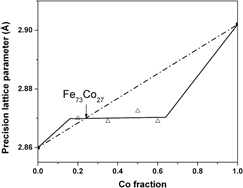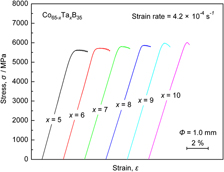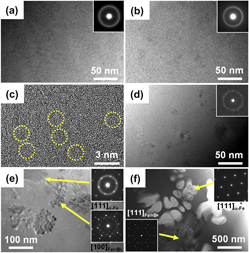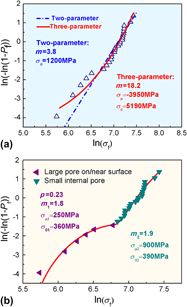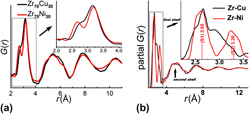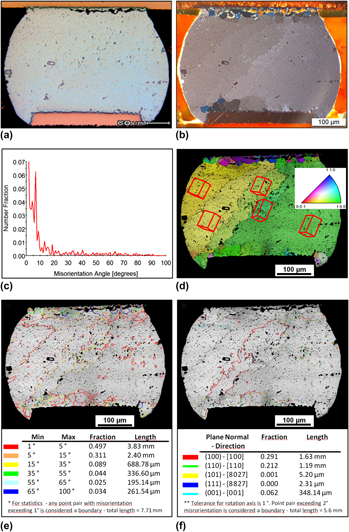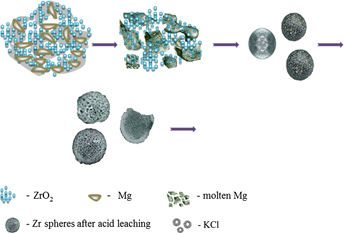Invited Feature Review
Scanning nonlinear dielectric microscopy
-
- Published online by Cambridge University Press:
- 23 August 2011, pp. 2007-2016
-
- Article
- Export citation
Invited Feature Paper
Fabrication of carbon-nanotube-based sensor array and interference study
-
- Published online by Cambridge University Press:
- 23 August 2011, pp. 2017-2023
-
- Article
- Export citation
Articles
Growth of carbon nanocoils using Fe–Sn–O catalyst film prepared by a spin-coating method
-
- Published online by Cambridge University Press:
- 23 August 2011, pp. 2024-2032
-
- Article
- Export citation
Size-dependent lattice parameters of microstructure-controlled Sn nanowires
-
- Published online by Cambridge University Press:
- 29 July 2011, pp. 2033-2039
-
- Article
- Export citation
Low-temperature synthesis and characterization of PVP-capped FeAu nanoparticles
-
- Published online by Cambridge University Press:
- 23 June 2011, pp. 2040-2049
-
- Article
- Export citation
Favored composition region for metallic glass formation and atomic configurations in the ternary Ni–Zr–Ti system derived from n-body potential through molecular dynamics simulations
-
- Published online by Cambridge University Press:
- 01 July 2011, pp. 2050-2064
-
- Article
- Export citation
Nanocrystallization of amorphous (Fe1-xCox)88Zr7B4Cu1 alloys and their soft magnetic properties
-
- Published online by Cambridge University Press:
- 27 July 2011, pp. 2065-2071
-
- Article
- Export citation
Co-based ternary bulk metallic glasses with ultrahigh strength and plasticity
-
- Published online by Cambridge University Press:
- 13 July 2011, pp. 2072-2079
-
- Article
- Export citation
The influence of in situ formed precipitates on the plasticity of Fe–Nb–B–Cu bulk metallic glasses
-
- Published online by Cambridge University Press:
- 01 August 2011, pp. 2080-2086
-
- Article
- Export citation
Weibull analysis of fracture strength for Zr55Ti2Co28Al15 bulk metallic glass: Tension–compression asymmetry and porosity effect
-
- Published online by Cambridge University Press:
- 01 August 2011, pp. 2087-2097
-
- Article
- Export citation
Structural origin of the different glass-forming abilities in ZrCu and ZrNi metallic glasses
-
- Published online by Cambridge University Press:
- 29 July 2011, pp. 2098-2102
-
- Article
- Export citation
Localized recrystallization and cracking of lead-free solder interconnections under thermal cycling
-
- Published online by Cambridge University Press:
- 16 August 2011, pp. 2103-2116
-
- Article
- Export citation
Preparation of porous zirconium microspheres by magnesiothermic reduction and their microstructural characteristics
-
- Published online by Cambridge University Press:
- 09 August 2011, pp. 2117-2122
-
- Article
- Export citation
Erratum
Large-scale integration of single-walled carbon nanotubes and graphene into sensors and devices using dielectrophoresis: A review – ERRATUM
-
- Published online by Cambridge University Press:
- 15 August 2011, p. 2123
-
- Article
-
- You have access
- HTML
- Export citation
Front Cover (OFC, IFC) and matter
JMR volume 26 issue 16 Cover and Front matter
-
- Published online by Cambridge University Press:
- 23 August 2011, pp. f1-f4
-
- Article
-
- You have access
- Export citation
Back Cover (OBC, IBC) and matter
JMR volume 26 issue 16 Cover and Back matter
-
- Published online by Cambridge University Press:
- 23 August 2011, pp. b1-b3
-
- Article
-
- You have access
- Export citation


